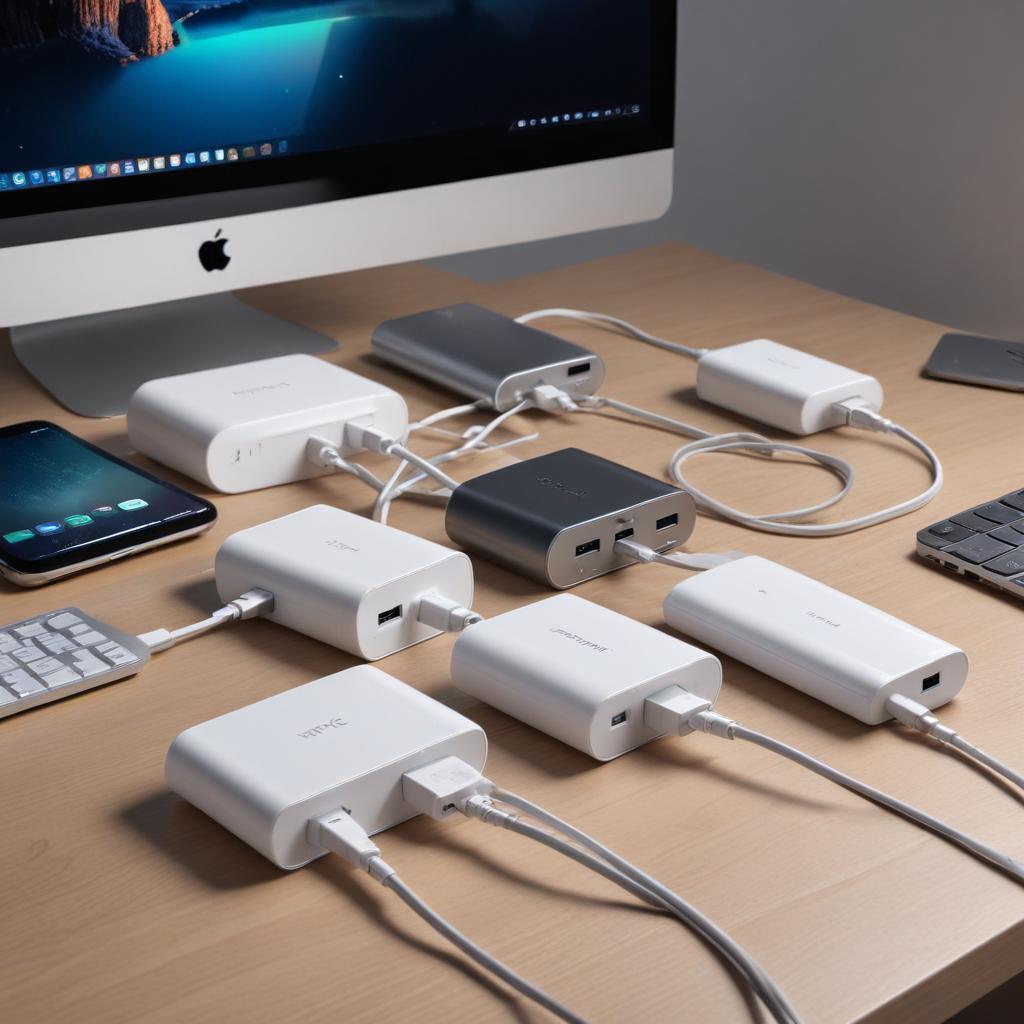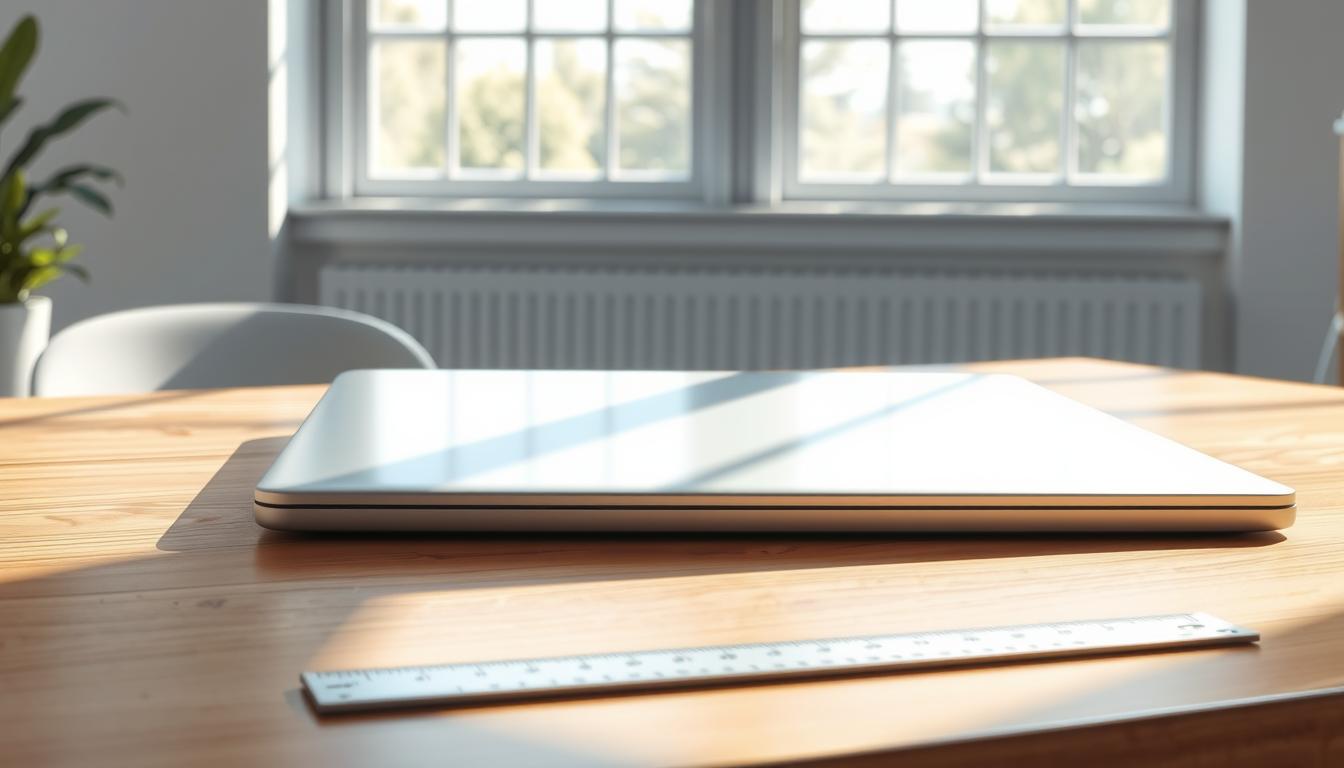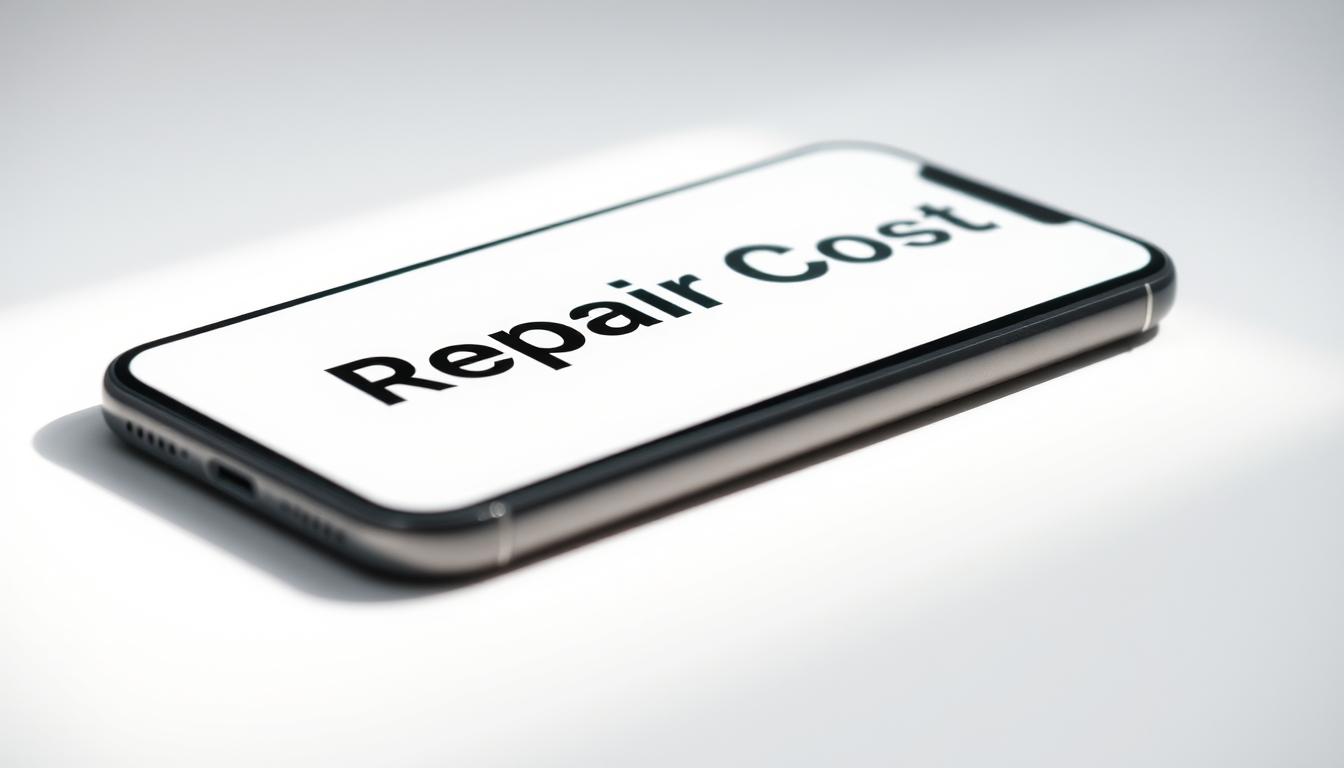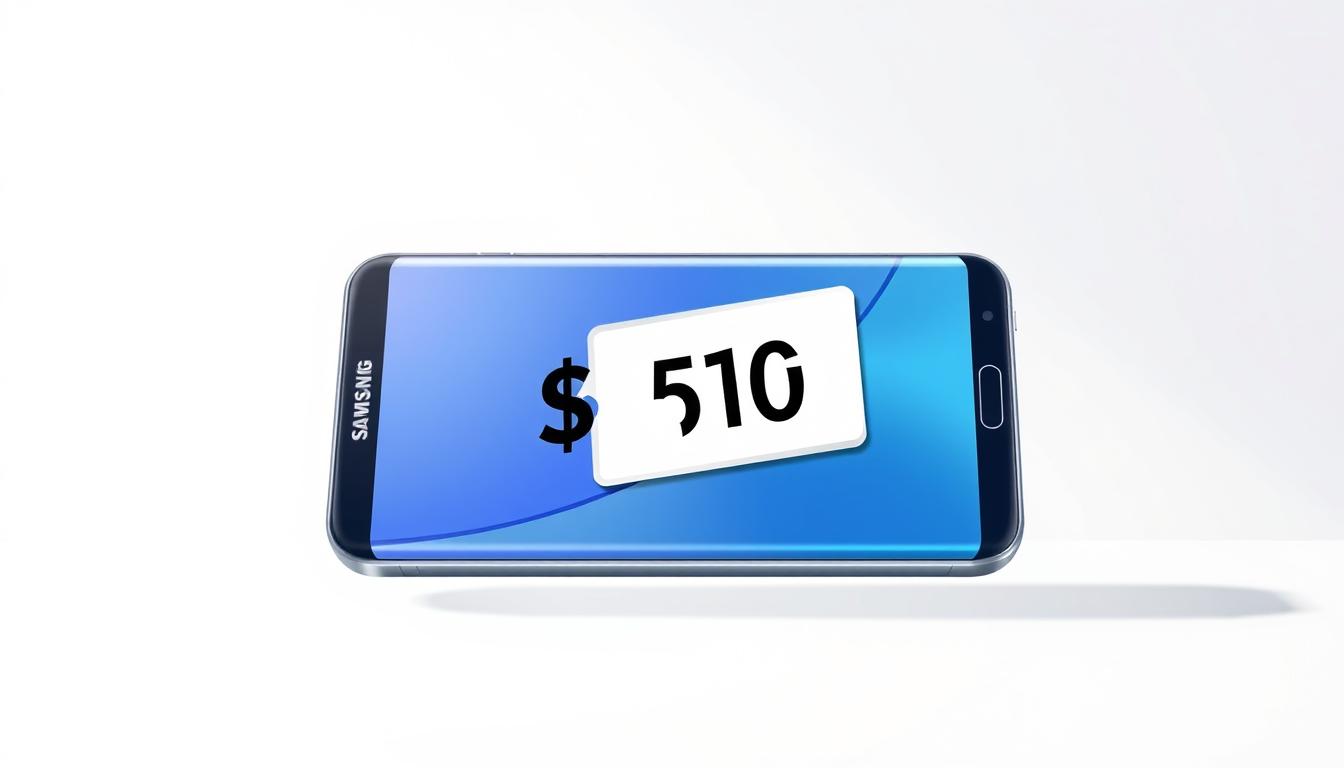Introduction
In today’s digital age, keeping devices charged and ready for use is essential. Laptops and smartphones are among the most commonly used gadgets, and they each have specific charging requirements. A common question that arises is, “Can I charge a laptop with a phone charger?” This article explores the feasibility of using a phone charger to power a laptop, the potential risks involved, and alternative solutions for charging laptops in unconventional situations.
Table Of Contents
- Differences In Charging Requirements
- Compatibility Of Phone Chargers With Laptops
- Risks And Considerations By Phone Repair & More
- Frequently Asked Questions (FAQs)
- Conclusion
Differences In Charging Requirements
Voltage And Wattage
Laptops typically require a higher voltage and wattage for charging compared to smartphones. Most laptop chargers provide an output ranging from 19V to 20V and can deliver power levels from 45W to 100W or more, depending on the laptop’s specifications. In contrast, phone chargers generally output 5V and are designed for much lower power levels, typically around 5W to 20W. This significant difference in power requirements is a key factor in determining whether a phone charger can be used for a laptop.
USB-C Power Delivery (PD)
The introduction of USB-C Power Delivery (PD) technology has bridged the gap between different charging standards. USB-C PD allows for a range of voltages and power levels, supporting up to 100W. Some modern laptops and smartphones are equipped with USB-C PD, which theoretically enables charging with the same charger if it supports the necessary power output. However, not all USB-C phone chargers support PD at the levels required for laptops, making it crucial to verify compatibility. Phone Repair & More can assist in verifying the compatibility of chargers and providing suitable alternatives for various devices.
You May Also Check: How Much Does It Cost To Replace The Charging Pin On An iPhone?
Compatibility Of Phone Chargers With Laptops
USB-C PD Chargers
For a phone charger to charge a laptop, it must be a USB-C PD charger capable of delivering sufficient power. Many phone chargers, especially those for high-end smartphones, do support USB-C PD but often at lower power outputs that may not be sufficient for all laptops. A charger that delivers at least 30W to 60W may be able to charge smaller, less power-hungry laptops, but it might do so slowly or not at all if the laptop requires more power. Phone Repair & More offers a range of high-quality chargers that are compatible with various laptops and can provide guidance on the best options for your needs.
Non-USB-C Chargers
Traditional phone chargers with USB-A or proprietary connectors are generally not suitable for charging laptops. These chargers lack the necessary power output and voltage levels. Additionally, they do not support the power negotiation protocols required for safe and effective laptop charging.
Risks And Considerations
Slow Charging And Insufficient Power
Even if a phone charger can connect to a laptop via USB-C, it may not deliver enough power to effectively charge the device. This can result in very slow charging rates or the inability to charge the laptop while it is in use. Using a charger with inadequate power can also place strain on both the charger and the laptop’s power management systems. Phone Repair & More recommends using chargers that meet or exceed your laptop’s power specifications to avoid these issues.
Potential Damage
Using an incompatible charger can potentially damage the laptop or the charger itself. This includes risks of overheating, voltage mismatch, or insufficient power delivery, which can harm internal components. It is always recommended to use a charger that meets the laptop’s specified requirements to avoid these risks.
Recommended: Are MacBooks Worth Repairing?
Frequently Asked Questions (FAQs)
Can I Use A Phone Charger To Charge A Laptop In An Emergency?
If the charger is a USB-C PD charger and matches the laptop’s power requirements, it might work in an emergency. However, it may charge very slowly or not at all if the power output is insufficient.
What Is The Best Way To Charge A Laptop On The Go?
The best way to charge a laptop on the go is to use a portable charger or power bank specifically designed for laptops, which supports USB-C PD with adequate power output.
Can Using The Wrong Charger Damage My Laptop?
Yes, using an incompatible charger can potentially damage your laptop’s battery, charging port, or internal components. It’s important to use chargers that meet the device’s power specifications.
Conclusion
While it is technically possible to charge some laptops with phone chargers that support USB-C PD, it is not recommended due to potential issues with power output and compatibility. The safest and most effective way to charge a laptop is to use the charger specifically designed for it or to use a high-capacity portable charger that meets the laptop’s power requirements. Phone Repair & More can help you select the right charger for your device, ensuring safe and efficient charging. Always ensure that the charger matches the voltage, wattage, and connector type specified by the laptop manufacturer to avoid potential damage and ensure optimal charging performance.




